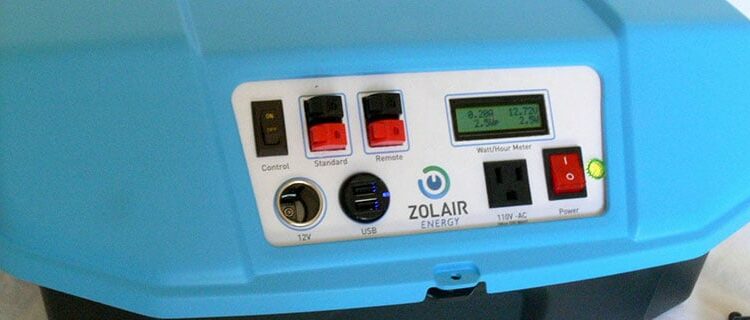The chief executive officer and managing director of Zolair Energy Solutions Limited, Kayode Babatunde, has said that his firm is passionate about localising advanced battery production and e-mobility solutions that reduce Nigeria’s dependence on imported technology and fossil fuels.
Babatunde disclosed this during an interview with journalists in Abuja yesterday. He also said that his firm has announced a $21 million investment drive to establish the country’s first integrated plant for e-tricycle assembly, zinc-air fuel cell production, and sodium-ion battery manufacturing. According to him, the project, to be sited in Idu, Abuja, aims to accelerate Nigeria’s transition to sustainable energy and environmentally friendly mobility solutions while fostering local industrial capacity.
With tricycles serving as a primary mode of public transport across Nigerian cities and towns, Zolair is positioning its electric variant as a game-changer—especially in light of rising fuel costs and environmental concerns. “There is immense market potential,” Babatunde said. “Our e-tricycles, combined with a three-minute battery-swapping system, will address affordability, convenience, and operational efficiency for transport operators.”
He said the company’s unique model integrates local manufacturing with an advanced distribution network, underpinned by strategic partnerships with major stakeholders including the National Association of Tricycle Owners and Operators (NAT), the Petroleum Products Retail Outlet Owners Association of Nigeria (PETROAN), and Sopel Oil and Gas Ltd.
“These alliances provide us with direct market access and infrastructure to roll out our solutions nationwide,” he added.
While lithium-ion remains dominant globally, Babatunde explained that Zolair opted for zinc-air and sodium-ion due to their safety, availability of raw materials, and environmental friendliness. He said, “Zinc-air batteries are low-cost, non-toxic, and have high energy density,” he said. “Sodium-ion, on the other hand, uses abundant sodium resources, offers excellent thermal stability, and performs well even in cold climates.”
Zolair intends to channel the $21 million into four major areas: the development of the Idu plant, research and development, operational capital, and market expansion.
Babatunde expressed confidence in the project’s profitability, citing revenue streams from e-tricycle sales, battery production and leasing, energy solutions, and potential technology licensing. He assured investors of strong returns based on rising demand and the competitive edge of Zolair’s technology.
On risk mitigation, Babatunde identified market adoption, technological scalability, and supply chain dynamics as key concerns. However, he noted that the company’s diversified battery strategy, local sourcing, and robust partnerships would help minimise these risks.
In terms of environmental responsibility, he emphasised Zolair’s commitment to compliance with Nigeria’s regulatory frameworks and international best practices. “We aim to obtain all relevant environmental certifications and ensure responsible production, waste management, and recycling.”
Construction of the integrated plant is expected to begin shortly after the funding round is closed, with initial production targeted within 8–10 months and full-scale operations within 12–18 months. “We anticipate generating hundreds of direct jobs in manufacturing, research, and operations, in addition to numerous indirect jobs across the supply chain. We are looking for partners who bring not only capital, but also strategic insight, market reach, and shared commitment to sustainable development. We intend to close this round within three to nine months and begin implementation immediately.”





